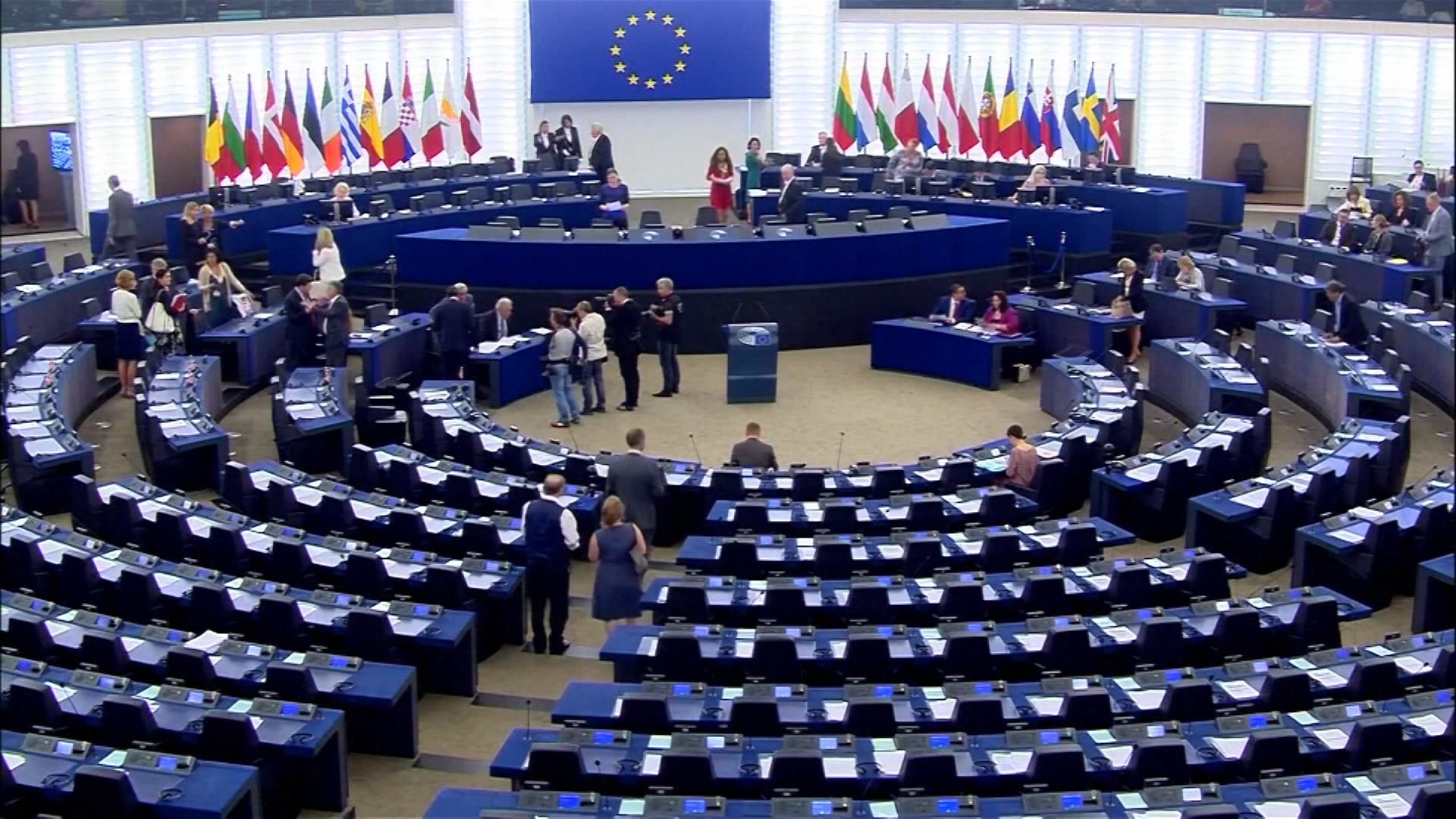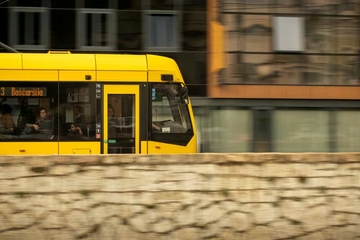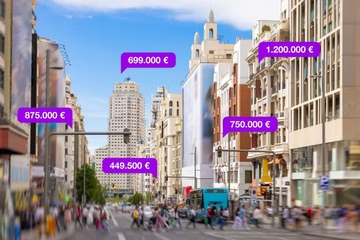
The European Parliament on Tuesday confirmed a set of laws that are critical to achieving climate goals in the period until 2030 and reform the Emissions Trading System (ETS), including trading in emission units in aviation, about which a report was prepared by Croatian MEP Suncana Glavak (HDZ/EPP).
The ETS is a basic EU instrument to limit and reduce industrial greenhouse gas emissions, with polluters being granted a certain number of permits to generate greenhouse gases.
Polluters, mostly industries, the energy sector and transport, may emit a certain amount of greenhouse gases over a set period of time in line with their allocated quotas. If they want to increase their emissions, they must buy permits from other stakeholders that offer parts of their unused quotas.
The EU is the third biggest carbon dioxide polluter in the world, and with its new ambitious plan it wants to reduce greenhouse gas emissions until 2030 and achieve the zero emission target by 2050.
The ETS, launched in 2005, is part of the “Fit for 55” package and one of the tools to implement that plan.
Carbon emissions in the sectors covered by the ETS have almost been halved but, critics warn, most of the reduction refers to electricity and heat production while the industrial sector has reduced its emissions insignificantly, by only a few percent.
Critics also say that industries are favoured in the allocation of free emission units and that the quota of free units made available to the industrial sector almost entirely covers carbon emissions by that sector.
MEPs on Tuesday supported by a vast majority of votes four laws critical to achieving climate goals by 2030 on which the Council of the EU and the European Parliament reached a temporary agreement in December. Their final adoption requires confirmation by the Council of the EU.
The agreement on the ETS reform increases ambitions for 2030, gradually abolishes free emissions for companies, and creates a separate, new ETS II for fuels for road transport and buildings, which was one of the most disputable issues in the negotiations.
This means the introduction of a tax on carbon, that is, an increase in prices of fossil fuels used for heating and transport. The effect of the new tax should be cushioned by the establishment of the new Social Climate Fund, to be used to support the affected vulnerable households, businesses and transport users.
The fund should amount to €87 billion in the period from 2027 to 2032 and would be financed with funding obtained from auction sales of emission units.
The ETS will also include the maritime sector and introduce charges for carbon for commodities imported from countries with less ambitious regulations, prevent the relocation of production to countries with less strict rules on greenhouse gas emissions, as well as establish the new Social Climate Fund for households and businesses affected by energy poverty.
The European Parliament today also endorsed the digitalisation of public services in the EU.
The EU intends to carry out digital transformation by the end of this decade, starting with the development of citizens’ digital skills, digital infrastructure, and digitalisation of companies and public services. The goals of the digitalisation programme include making key public services available to citizens and businesses entirely online by 2030, enabling all European citizens to have access to medical documentation, and for 80% of citizens to use a digital means of identification.
The digitalisation policy programme, proposed by the European Commission, was endorsed by the EP and the Council of the EU. At a plenary session in Strasbourg, MEPs supported, with 557 votes in favour, a resolution on e-administration for faster development of digital public services to support the functioning of the single market, prepared by Croatian MEP Tomislav Sokol (HDZ/EPP). Fifty MEPs voted against it and 36 abstained.
Kakvo je tvoje mišljenje o ovome?
Učestvuj u diskusiji ili pročitaj komentare





 Srbija
Srbija
 Hrvatska
Hrvatska
 Slovenija
Slovenija



























































